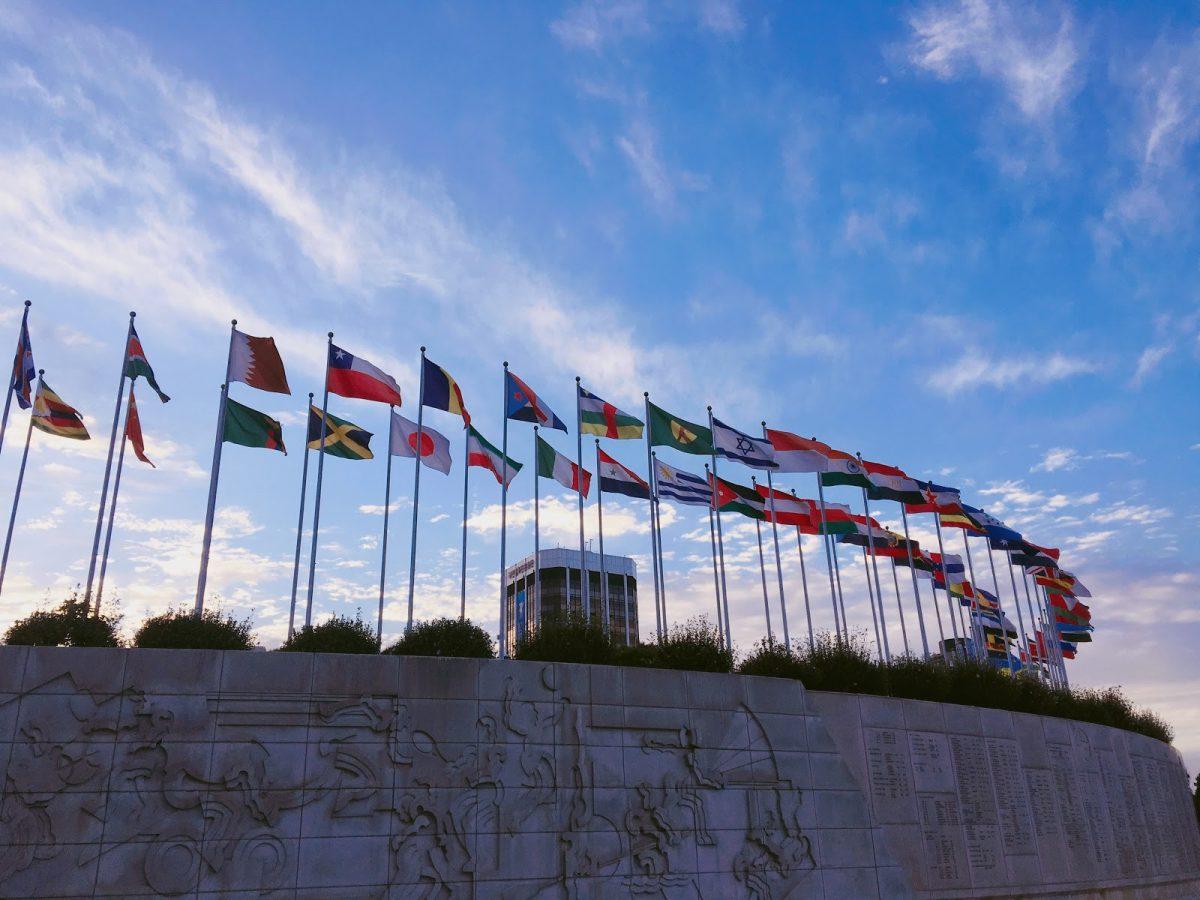
The 2018 Winter Olympics will be held in Pyeongchang, South Korea in February. However, the national issue of doping within Russia’s athletic community has been recently reignited. The investigation has been brought up before during the 2016 Summer Olympics in Rio de Janeiro, when nearly all Russian track and field athletes had been banned by the International Association of Athletics Federations. Russia’s recent news of doping, or increasing their athlete’s performances with illegal drugs and stimulants, is often traced back to the 2010 Vancouver Winter Olympics when they fell short of expectations and only won 15 medals. Four years later, when they hosted the 2014 games in Sochi, they made an astonishing change from the previous winter games by winning 33 medals (13 gold), the most of any country. Since then, the Sochi rankings of many Russian athletes have been revoked, and the US now leads with the most medals (28) from the Sochi games. Russia was stripped of 13 medals, which have yet to be redistributed. Disqualified athletes have been deemed ineligible from future Olympics.
Russian Olympic athletes are not actually banned from competing. However, athletes are strictly watched and unable to wear their nation’s uniform, converting to a default one with the Olympic flag. They will also not be representing their country, instead being referred to as Olympic Athlete(s) from Russia (OAR). This doping incident is described as “state-supported” by many investigators. International Olympic Committee (IOC)President Thomas Bach refers to Russia’s actions as “an unprecedented attack on the integrity of the Olympic Games and sport.” Canadian law professor Richard McLaren produced a report recounting his investigation of the issue. He found what he claimed to be an “institutional conspiracy” in which athletes drug-tainted samples were switched out with clean ones. The report concluded that over 1,000 athletes were involved, with plans for controlling the doping of the athletes as well as for covering up the process. The primary investigator of Russia’s doping program, Jack Robertson (Former WADA Chief Investigator), criticizes the IOC and calls their decision, “a non-punitive punishment meant to save face.” Reports from Russian whistleblowers show that 99 percent of national level teammates were doping, and Robertson adds that when a Russian athlete reaches the national level, “it’s either dope, or you’re done.” Alongside this information found, there is no known evidence that state-sponsored doping has ceased. Russian citizen Yekaterina Nogerova says that this decision punishes more the athletes and fans and less the people in government responsible for it.
Chechnya leader Ramzan Kadyrov announced that Chechen athletes will not compete under a neutral flag, a public boycott of the Olympics that President Vladimir Putin of Russia has refrained from. Putin will not prevent any athletes from participating. The Russian Olympic Committee (ROC) will be fully supporting their athletes through this endeavor, as well as the athletes who were not invited or who refuse to go. Ilya Kovalchuk, an ice hockey player for SKA Saint Petersburg, told reporters before the ROC’s announcement: “We are Russian athletes, so it’s quite clear: they can take away the flag and the anthem, but they cannot take away the honor and the conscience. Patriotism and love for your country is in your heart, so no one can take it away from us. So we must go there and fight with double energy.” The Winter Olympics will continue on and although this incident is one to be looked down upon, it remains as a reminder to all Olympic athletes as to why they compete, represent, and bring glory for their countries.


































